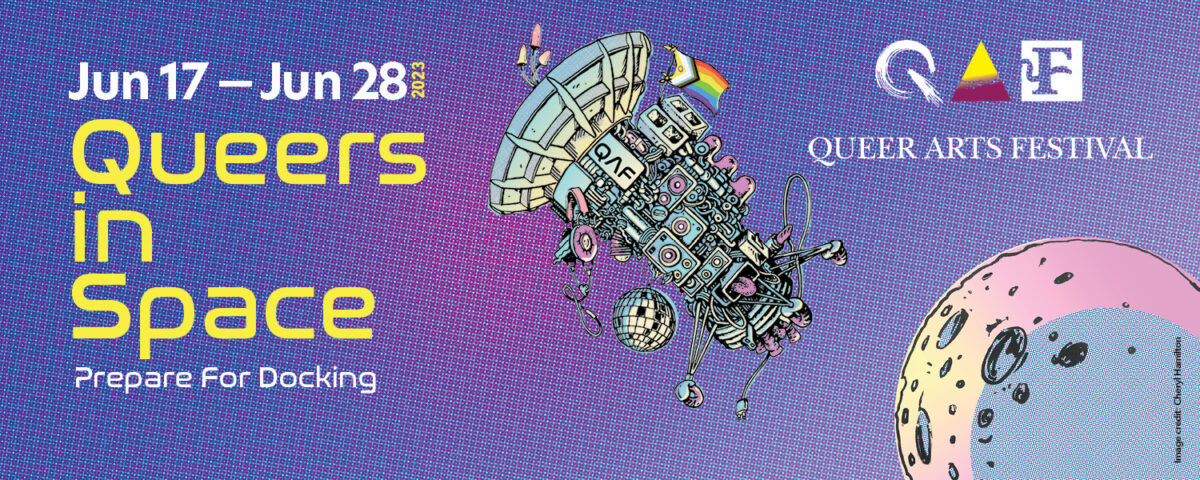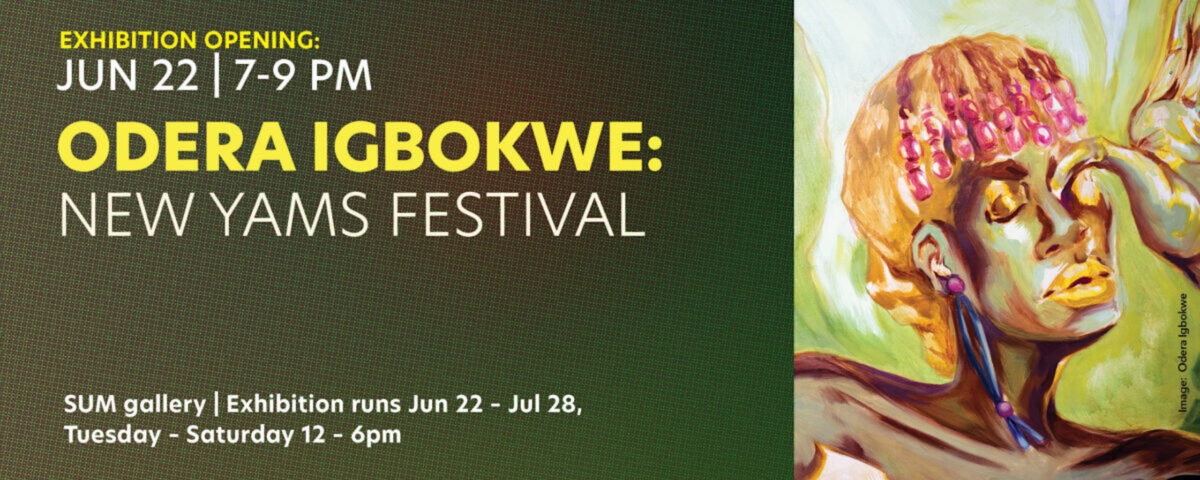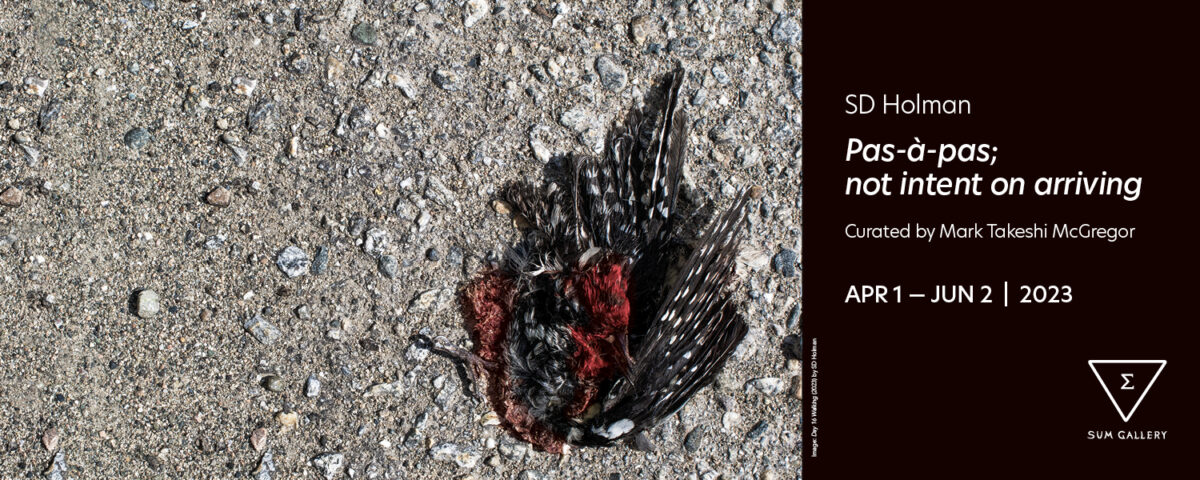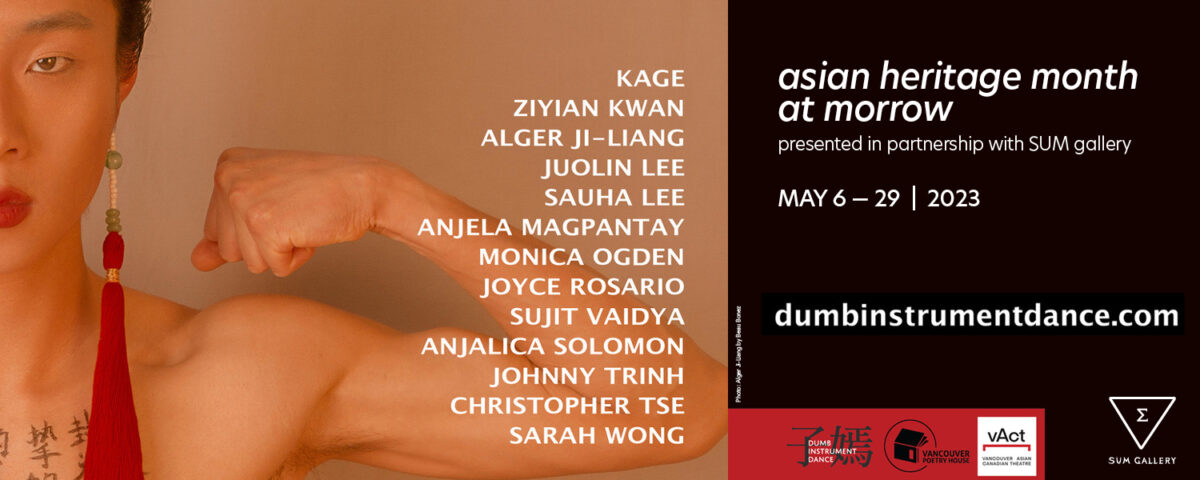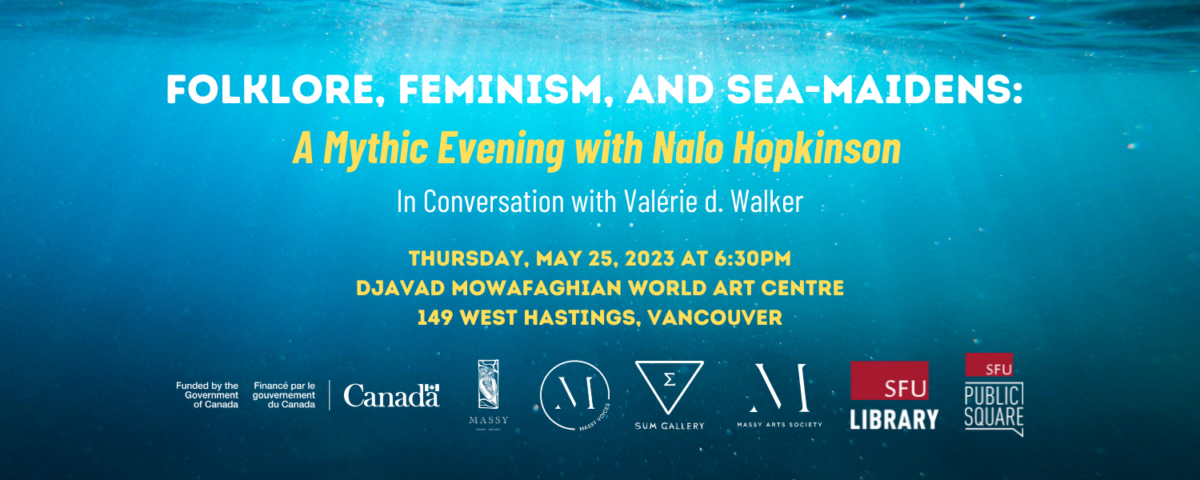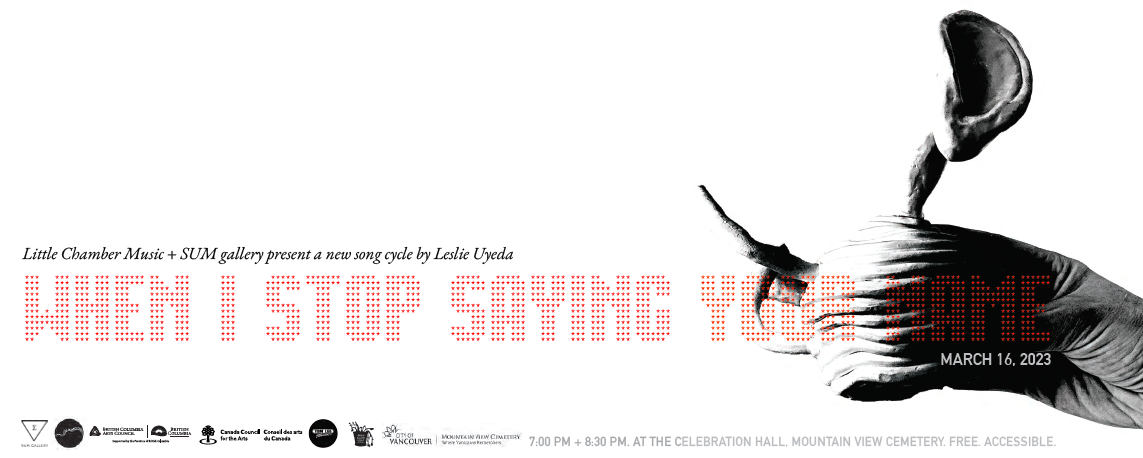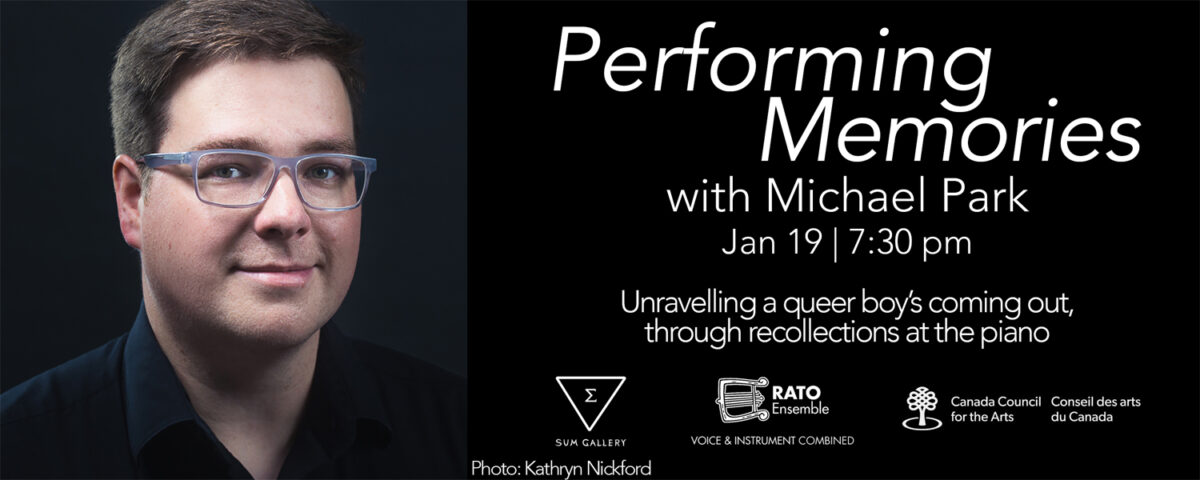Pas-à-pas; not intent on arriving
A new photo-based exhibition by SD Holman
The exhibition runs Apr 1 – Jun 2, 2023
SUM gallery open to the public Tue-Sat, 12 to 6pm
Opening reception (artist in attendance): Apr 1, 5 to 7pm
Live musical performances from Rachel Kiyo Iwaasa: Apr 19 at 12pm, May 13 at 5pm, May 19 at 5pm, June 2 at 5pm
Pas-à-pas; not intent on arriving is a new photo-based multidisciplinary meditation on mourning & memory by artist SD Holman, on view at SUM gallery April 1 to June 2. Pas-à-pas; not intent on arriving (pilgrimage variations) derives from Holman’s walk across Canada following the death of their wife, Catherine White Holman. This exhibit engages artist and writer Persimmon Blackbridge, who works with words from Holman’s travel journal; and using Bach’s Goldberg Variations as an organizing principle, Holman collaborates with pianist Rachel Kiyo Iwaasa, who performs at the opening and periodically during the exhibition run.
I needed to walk; walk out my door & keep walking. I don’t like walking. You died in a plane crash. I couldn’t make sense of it. I walked for 3 months / 2700 km. I took a little G11 (not my pro camera or 4×5). I made 8,000 images—99 videos—30,000 words. These are some of them.
There is no arc to this story. I did not come out of it healed.
We all grieve. I later learned that the grieving often go on walking pilgrimages. Walk. Breathe. Think. Don’t think. Circle. Repeat. Step. By step. Try to change the outcome as you move over unfamiliar terrain. Different and the same. No epic Canadian landscapes here, instead tiny human steps cycling endlessly in an intimate vista.
SD Holman
Variations are like a voyage. But … that voyage does not lead through the infinitude of the exterior world … The voyage of variations leads into the other infinitude, into the infinite diversity of the interior world hidden in all things … We know we cannot embrace the universe with its suns and stars. Much more unbearable is to be condemned to lack that other infinitude, that infinitude near at hand, within reach… we all lose in whatever we do, because if it is perfection we are after, we must go to the heart of the matter, and we can never quite reach it… there is nothing more unbearable than lacking the being we loved, those…measures and the interior world of their infinitude of possibilities. —
Milan Kundera
About SD Holman sdholman.com
SD Holman is an award-winning artist and curator born in Hollywood, California. Described as “visionary” by curator/scholar Jonathan Katz, Holman is a graduate of ECUAD Vancouver Canada, laureate of the YWCA Women of Distinction Award, and Founding Artistic Director Emeritus of the multidisciplinary QAF + SUM gallery. Defining as a participant observer employing subjective conceptual documentary practice, Holman’s approach to photography is conflicted and perverse. Holman’s work deals in paradox: the cognitive dissonance between estrangement and recognition, aversion and attraction, harshness and beauty, bravura and restraint, outrageousness and subtlety, expressionism and classicism. Holman embraces Indeterminacy to open artistic practice to the random and radically break from tradition, convention, and habit.
Holman’s work has exhibited internationally including at Wellesley College, Amherst College, CLGA ArQuives (Toronto), the Advocate Gallery (Los Angeles), the Soady-Campbell Gallery (New York), the San Francisco Public Library, On Main Gallery, The Helen Pitt International Gallery, Charles H. Scott, Exposure, Gallery Gachet, the Roundhouse, Vancouver East Cultural Centre, Artropolis, and Fotobase Galleries (Vancouver). Holman’s portrait project BUTCH: Not like the other girls toured North America and is in its second print edition, published by Caitlin Press, Dagger Editions. Studio Q, Holman’s notorious DTES Art Salon in Vancouver’s Chinatown, was featured in Secrets of the City (1st edition).
About Rachel Kiyo Iwaasa iwaasa.com
Hailed in the press as a “keyboard virtuoso and avant-garde muse” (Georgia Straight) whose “emotional intensity” transforms music “from notes on a page to a stunning work of art” (Victoria Times Colonist), RACHEL KIYO IWAASA is recognized among Canada’s foremost contemporary music pianists. Rachel’s reputation for fearless performative risk has drawn many of Canada’s most notable composers to write for her, including Hildegard Westerkamp, Rodney Sharman, Jocelyn Morlock, Nicole Lizée, Farshid Samandari, Emily Doolittle, Jeffrey Ryan and Jordan Nobles. One half of the acclaimed contemporary flute/piano duo Tiresias with Mark Takeshi McGregor, Rachel has also performed with Yannick Nézet-Séguin, Judith Forst, the Bozzini Quartet, Heather Pawsey, Gabriel Kahane, Caroline Shaw, and Richard Reed Parry of Arcade Fire. Rachel’s debut CD, Cosmophony, has been praised as “brilliant” and “unforgettable” (Vancouver Sun) and for “the passion, intensity and the nuanced playing she’s acclaimed for… she manages to instill a sense of dynamic tension and pull to every note” (The Province).
Read the press release for Pas-à-pas; not intent on arriving.
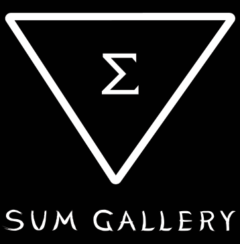
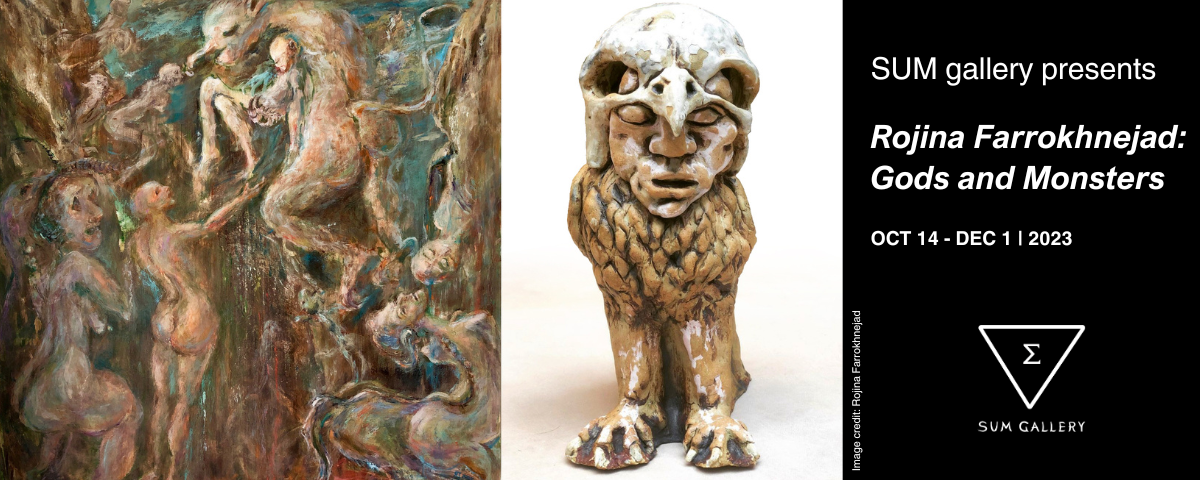
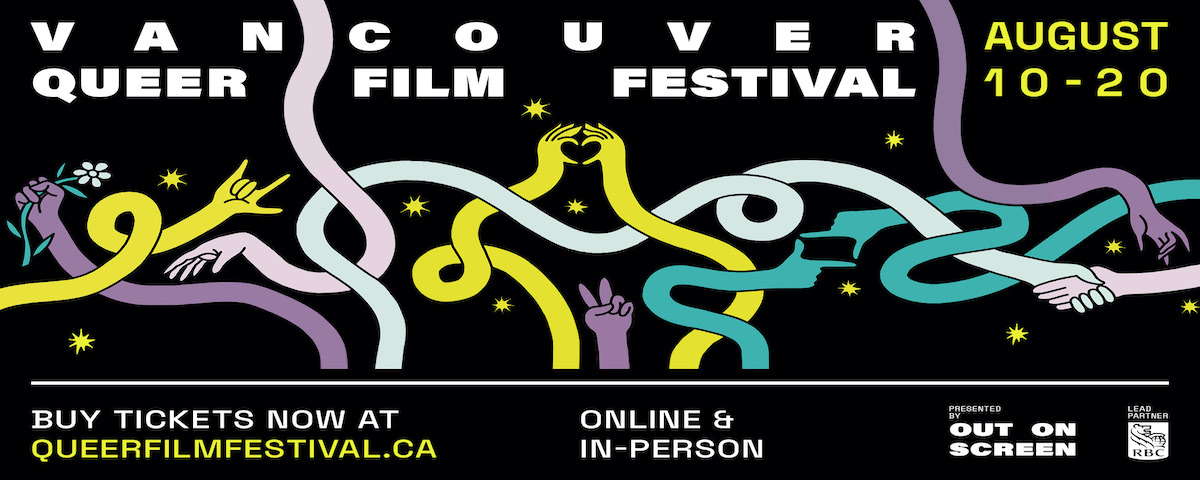
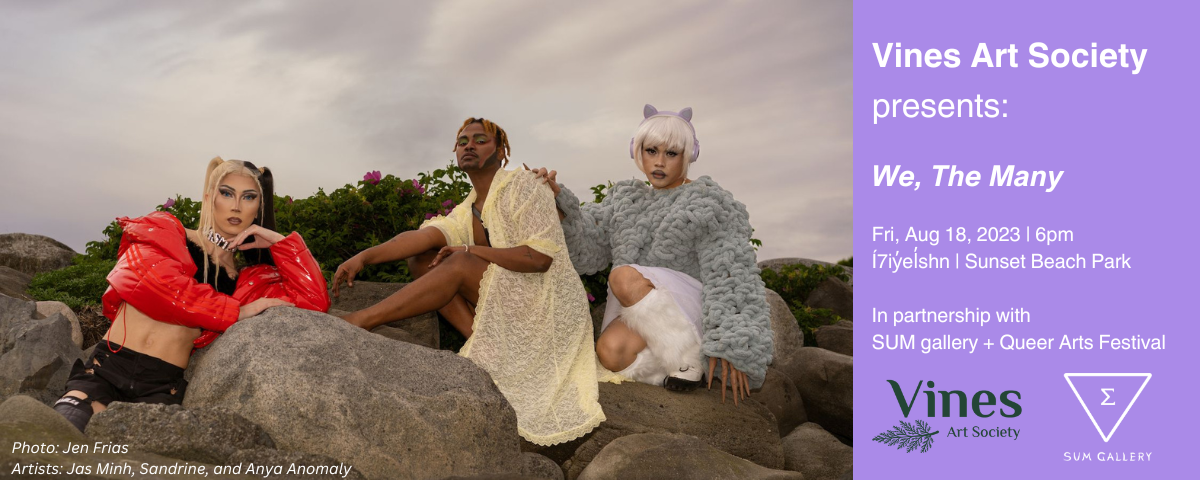

 ASL Interpretation
ASL Interpretation